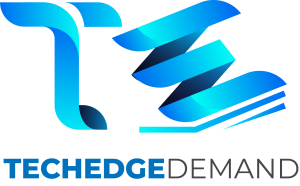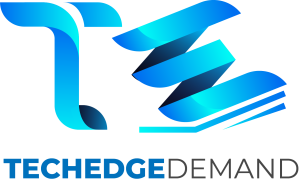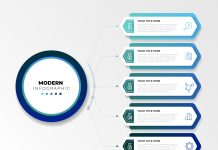In the B2B industry, event marketing remains one of the most powerful tools for lead generation and relationship building. From bustling trade shows to niche industry conferences, these events offer unparalleled opportunities to connect directly with decision-makers, showcase your products or services, and position your brand as a market leader.
This blog explores how to harness the full potential of B2B event marketing to generate quality leads and drive business growth through well-executed participation in conferences and trade shows.
Why B2B Event Marketing Still Matters
Despite the rise of digital marketing, face-to-face interaction holds immense value in B2B relationships. Events provide a unique platform where businesses can:
- Demonstrate their expertise in real time
- Engage directly with potential clients
- Foster trust and credibility
- Collect zero-party and first-party data for future outreach
According to Statista, over 70% of B2B marketers believe events are their most effective tactic for driving qualified leads.
Setting a B2B Event Marketing Strategy
Before registering for a trade show or conference, develop a clear strategy to align the event with your broader marketing and sales goals. Your event marketing strategy should include:
1. Define Clear Objectives
Are you attending to generate leads, build brand awareness, launch a new product, or nurture existing relationships? Define measurable KPIs such as:
- Number of leads captured
- Sales qualified leads (SQLs)
- Scheduled meetings
- On-site conversions
2. Select the Right Events
Research and choose events that attract your target audience. Evaluate based on:
- Attendee demographics
- Industry relevance
- Speaking or sponsorship opportunities
- Historical ROI for similar companies
3. Pre-Event Promotion
Maximize visibility before the event by promoting your participation across:
- Email campaigns
- Social media
- Event-specific landing pages
- Paid ads targeting attendees or sponsors
Include CTAs encouraging pre-booked meetings or booth visits.
Optimizing Your Presence at Conferences and Trade Shows
Here’s how to make your event participation count:
1. Design an Engaging Booth
First impressions matter. Use interactive displays, digital demos, and branding elements to attract and retain visitors. Ensure your booth staff is trained to:
- Communicate your unique value proposition
- Qualify leads through conversations
- Schedule follow-up appointments on the spot
2. Offer Value-Driven Content
Give attendees a reason to stop by. Offer:
- Live demos or free trials
- Case studies and brochures
- Thought leadership whitepapers
- Industry trend reports
These materials also help you collect contact details for lead nurturing.
3. Leverage Speaking Opportunities
Secure a speaking slot to position your company as a thought leader. Deliver actionable insights tied to current industry challenges. Public speaking elevates your visibility and helps attract qualified prospects.
4. Use Lead Capture Tools
Modern event marketing tools like badge scanners, QR codes, and lead capture apps make it easy to gather attendee information. Integrate your CRM with these tools for instant lead syncing and real-time updates.
Post-Event Lead Nurturing
Your work isn’t over after the event. This is where the real magic happens:
1. Segment and Prioritize Leads
Qualify and segment leads based on readiness to buy. Use tags such as:
- Hot leads (ready to engage)
- Warm leads (needs nurturing)
- Cold leads (long-term prospects)
2. Timely Follow-Up
Send personalized follow-up emails within 48 hours. Mention your interaction, offer value, and suggest next steps such as a demo or discovery call.
3. Integrate into Multi-Channel Campaigns
Continue nurturing leads across multiple touchpoints including:
- LinkedIn outreach
- Email sequences
- Retargeting ads
- Webinars or virtual demos
Consistency across channels keeps your brand top-of-mind.
Measuring Event ROI
To evaluate the effectiveness of your B2B event marketing strategy, measure:
- Total leads captured
- Cost per lead (CPL)
- Conversion rate to opportunity or deal
- Pipeline value generated
- ROI per event
These metrics offer valuable insights for future planning and budget allocation.
Tips to Enhance B2B Event Marketing Performance
- Collaborate with partners or influencers for wider reach.
- Use gamification to drive booth engagement.
- Live-stream sessions for virtual audiences.
- Collect testimonials or user-generated content during the event.
- A/B test pre- and post-event messaging to improve conversion rates.
Final Thoughts
B2B event marketing is far from outdated—it’s evolving. When executed with strategy and precision, conferences and trade shows become powerful lead-generation machines. By selecting the right events, preparing thoroughly, and engaging meaningfully, businesses can achieve strong ROI and long-lasting relationships.
In the hybrid marketing landscape, those who blend in-person touchpoints with digital follow-ups will lead the way in B2B sales success.









